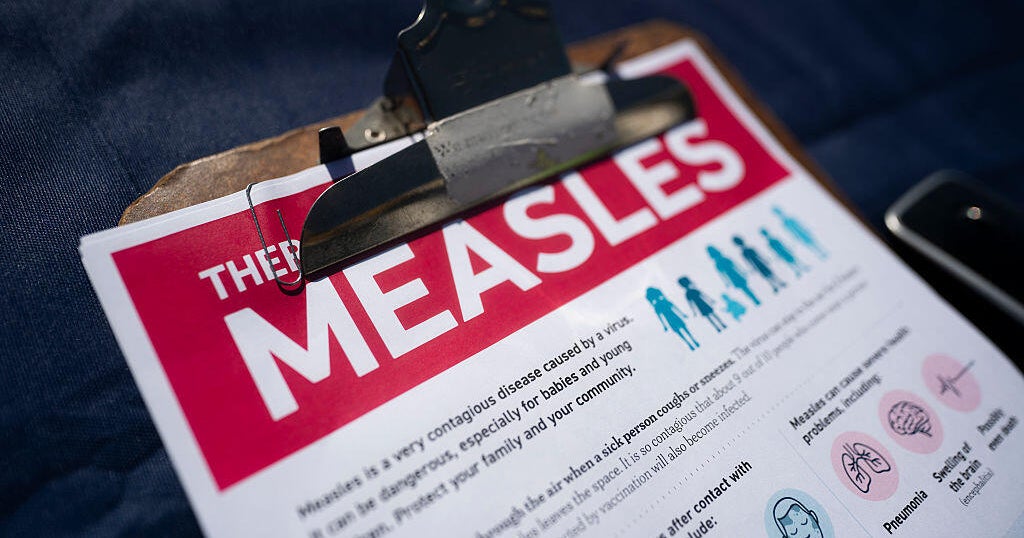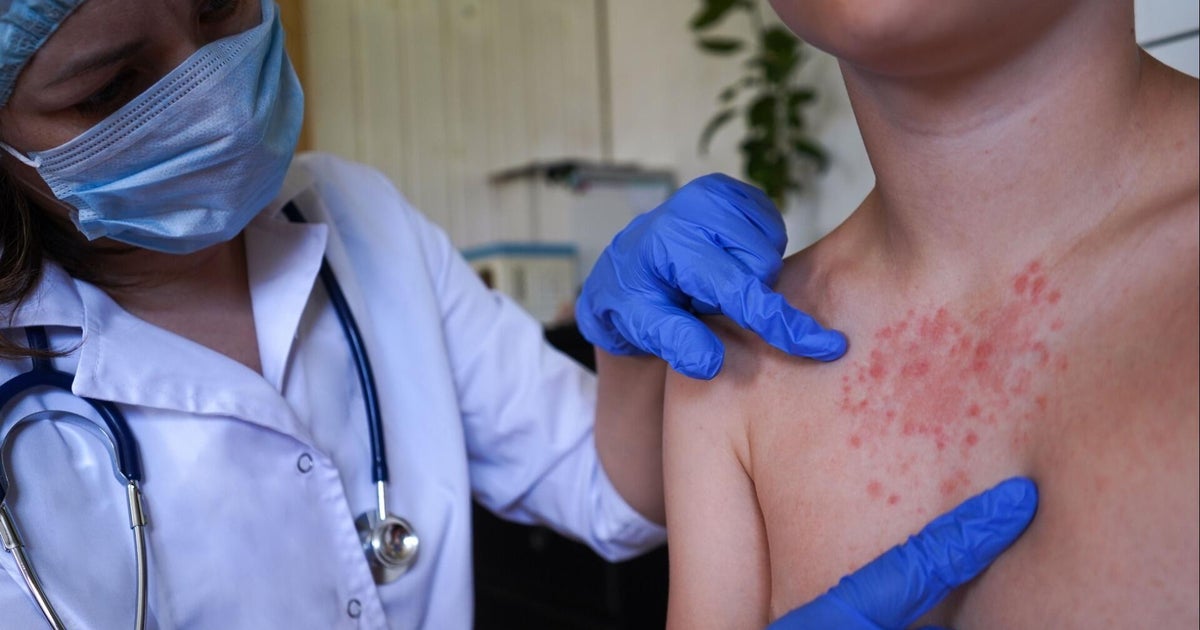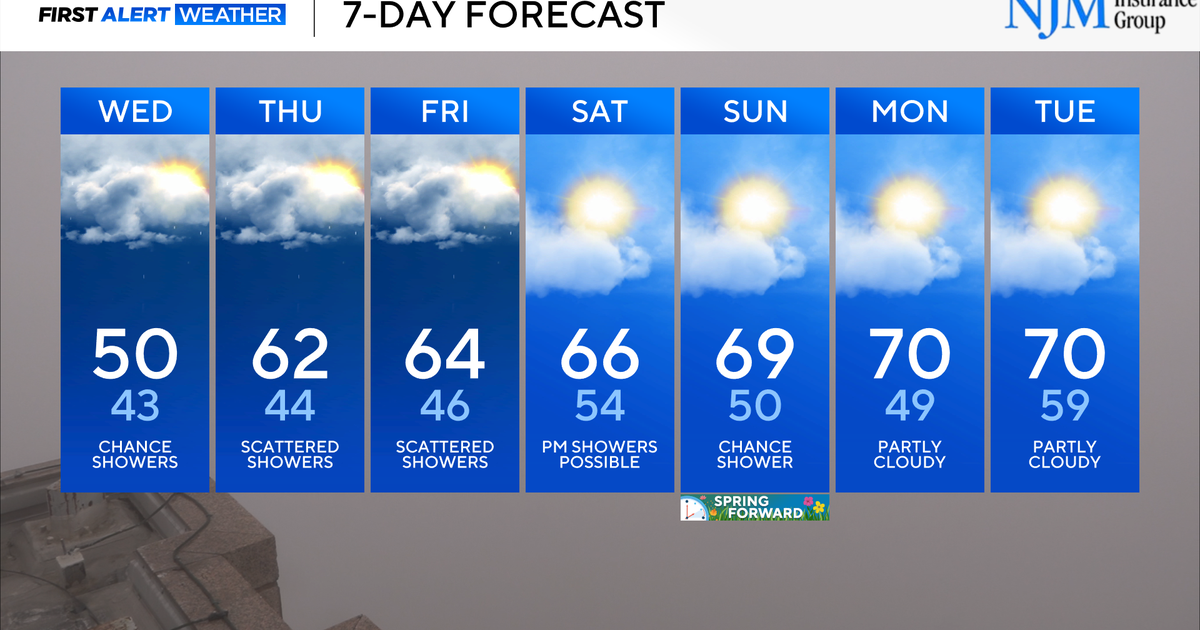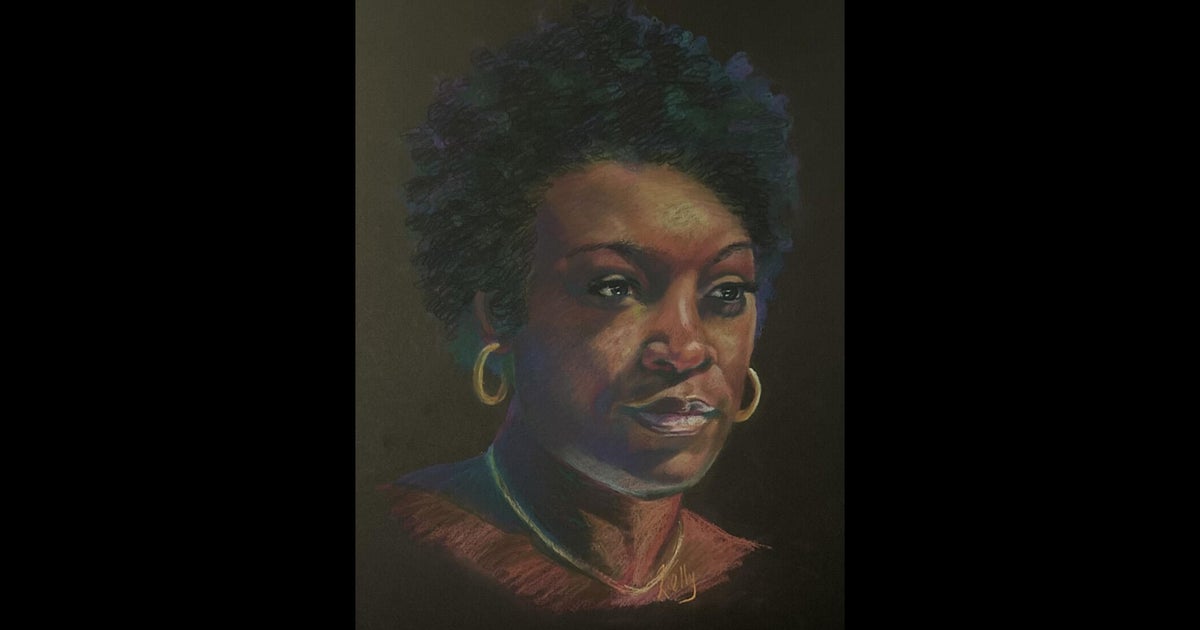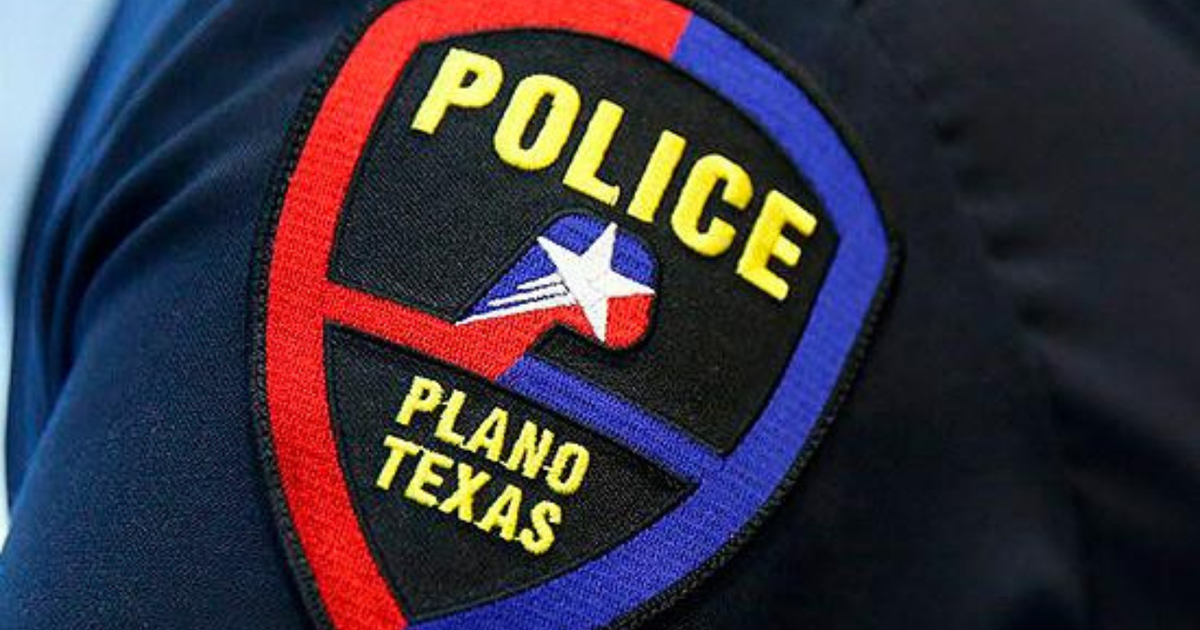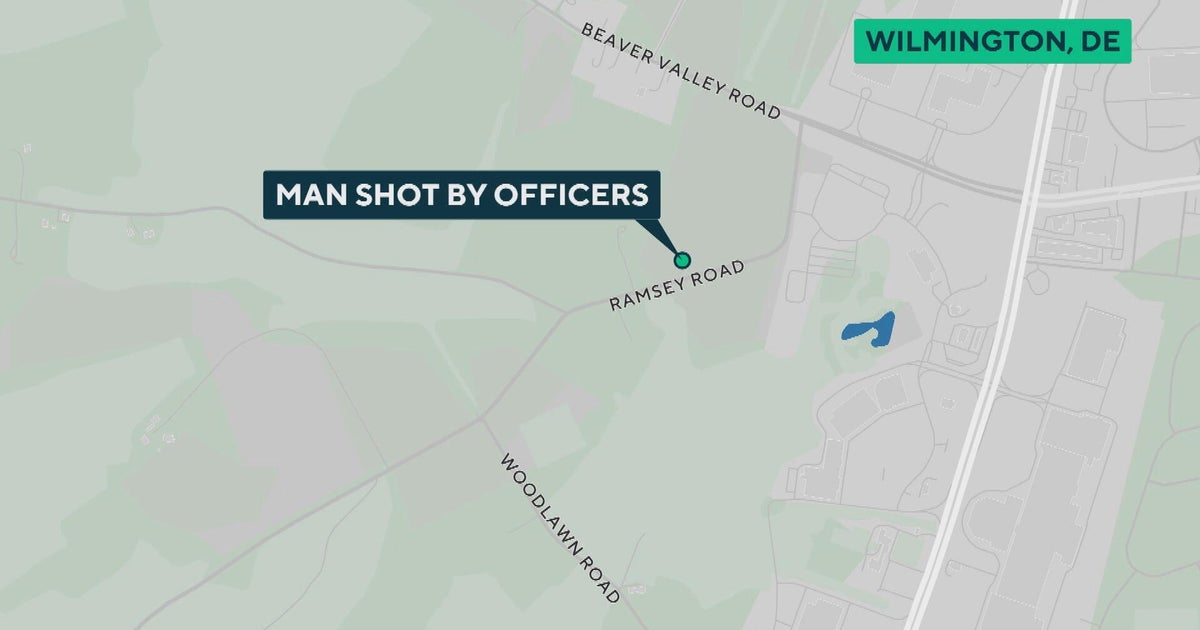Most Omicron Cases In US Have Been Mild But Most Were Vaccinated, CDC Reports
(CNN) -- Most of the 43 people known to have been infected with the Omicron variant of coronavirus in the United STates had mild symptoms, but most had been vaccinated and 14 of them had already had booster doses, the US Centers for Disease Control and Prevention reported Friday.
The first CDC report on the Omicron variant in the US shows vaccination does not protect people against infection but it also indicates the first cases to be detected have been mild or moderate.
"One vaccinated patient was hospitalized for 2 days, and no deaths have been reported to date," the CDC Covid Response Team reported. "Case investigations have identified exposures associated with international and domestic travel, large public events, and household transmission."
"The earliest date of symptom onset was November 15 in a person with a history of international travel," the researchers added. "Fourteen (33%) persons reported international travel during the 14 days preceding symptom onset or receipt of a positive test result."
They said 79% of those infected had been fully vaccinated with either two doses of Pfizer/BioNTech's or Moderna's vaccine or one dose of Johnson & Johnson's vaccine. Five of the 14 who got booster doses had been boosted at least two weeks before and should have had maximum levels of immune protection.
"The most commonly reported symptoms were cough, fatigue, and congestion or runny nose," the researchers wrote.
Delta is still the dominant variant in the US, the research team said.
"Given the 2-3 weeks from the time of specimen collection to availability of sequence data for analysis, it is likely that additional infections with Omicron from late November will be detected during the coming days," they wrote.
"Scientists around the world are working to rapidly learn more about the Omicron variant to better understand how easily it might be transmitted and the effectiveness of current diagnostic tests, vaccines, and therapeutics against this variant," they added.
"Many of the first reported cases of Omicron variant infection appear to be mild, although as with all variants, a lag exists between infection and more severe outcomes, and symptoms would be expected to be milder in vaccinated persons and those with previous SARS-CoV-2 infection than in unvaccinated persons."
People who have recently traveled internationally are likely to be younger, healthier or both and might not be representative of the general population, the researchers noted. If the Omicron variant spreads widely, sheer numbers could mean there will be may severe cases. "Even if most infections are mild, a highly transmissible variant could result in enough cases to overwhelm health systems. The clinical severity of infection with the Omicron variant will become better understood as additional cases are identified and investigated," they wrote.
"Scientists in South Africa and elsewhere have established systems that allow study of the laboratory, clinical, and epidemiologic characteristics; CDC is collaborating with health officials around the world to learn more about the characteristics of patients with Omicron variant infections."
Separately, a team of government and academic researchers in the UK reported that many people there infected with the Omicron variant had also been vaccinated and boosted.
"Our findings show that vaccine effectiveness against symptomatic disease with the Omicron variant is significantly lower than with the Delta variant," the team, led by Nick Andrews of the UK Health Security Agency, reported in a pre-print posted online.
They looked at 581 cases of people infected there whose tests showed they had been infected with the Omicron variant, looked at their vaccination records and compared them to thousands of people who had been vaccinated when the Delta variant was dominant.
Two doses of the AstraZeneca vaccine -- widely used in Britain but not authorized in the US -- provided no protection after 15 weeks, they wrote. People who had been vaccinated more recently with two doses of the Pfizer/BioNTech vaccine seemed more strongly protected against Omicron, but effectiveness fell to no more than 37% if they had been vaccinated four months or more earlier.
A booster dose of the Pfizer vaccine restored vaccine efficacy to about 75% against Omicron, they wrote. But the findings involved a small number of people, they said.
"We are unable to determine protection against severe forms of disease due to the small number of Omicron cases so far and the natural lag between infection and more severe outcomes," they wrote.
The British and US teams both urged booster doses of vaccine.
"Booster doses are especially urgent for those at higher risk of severe disease, such as persons residing in nursing homes and long-term care facilities. In addition, CDC recommends that everyone aged 2 years or older wear masks in public indoor places in areas of substantial or high transmission," the CDC team wrote.
All the known mitigation methods should be employed, the CDC said. "Implementation of concurrent prevention strategies, including vaccination, masking, improving ventilation, testing, quarantine, and isolation, are recommended to slow transmission of SARS-CoV-2 and to protect against severe illness, hospitalization, and death from COVID-19," the team wrote.
"A number of measures have been implemented throughout the COVID-19 pandemic to reduce the introduction and spread of SARS-CoV-2 in the United States through travel. For example, masks are required in indoor areas on public transportation conveyances traveling into, within, or out of the United States, and on the indoor premises of U.S. transportation hubs," they added.
The-CNN-Wire
™ & © 2021 Cable News Network, Inc., a WarnerMedia Company. All rights reserved.
